Samsung Chromebook Pro: First look
Samsung's Chromebook Pro gets ready for work

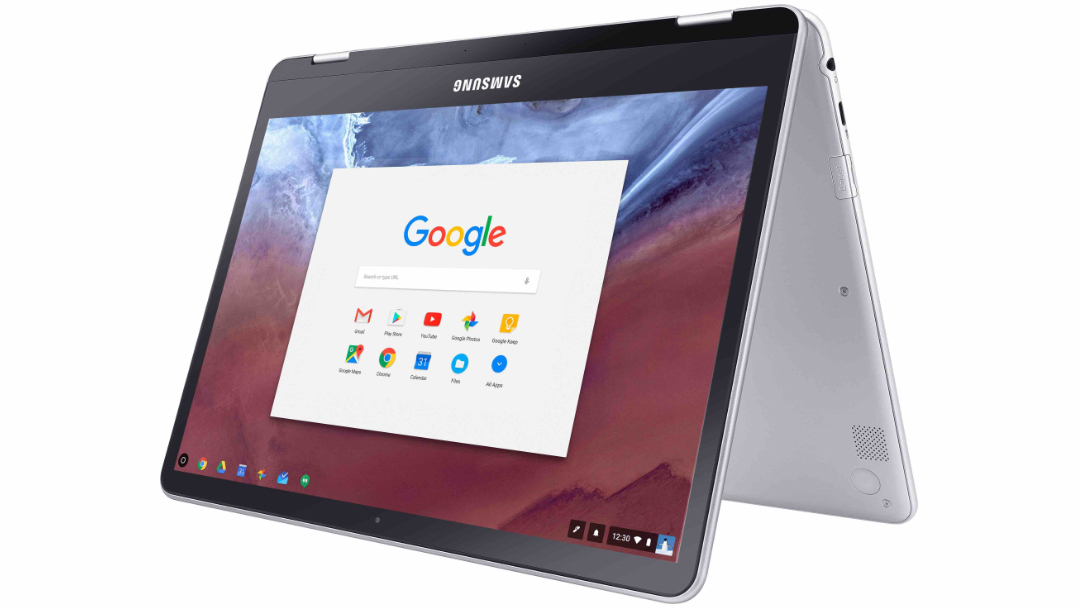
Samsung is attempting to push the Chromebook into professional territory with the launch of the Samsung Chromebook Pro at CES in Las Vegas.
The Chromebook Pro and its stablemate, the Chromebook Plus, share several defining features. Both devices are convertibles, folding through 360 degrees to become chunky tablets or into 'tent mode' for watching Netflix. Both are equipped with a metal digitiser pen, and both are capable of running Android apps, pushing the Chromebook's capabilities beyond ordinary web apps.
What sets the two devices apart are their processors. The Pro comes with an Intel Core m3 processor, the m3-6Y30 to be precise, which is a sixth-generation part with a clock speed of 900MHz that can Turbo Boost to 2.2GHz when required. The Plus, on the other hand, is an ARM-based device, running on the hexa-core OP1 processor.
The presence of the stylus shoves Samsung's Chromebook in the direction of other professional-grade devices, such as Microsoft's Surface Book, Lenovo's ThinkPad Yoga X1 and the iPad Pro. Samsung vice president Alanna Cotton claimed the stylus is perfect for jotting notes on the 12.3in 2,400 x 1,600 LED display.
We're not sure we'd go that far. In our brief tests with the ARM-based Chromebook Plus, the stylus was responsive, without ever getting close to emulating the feel of a real pen and paper -- it's not in the same class as more expensive rivals such as the Surface Book or Yoga X1. That's partly down to the glossy coating of the screen, which has a slightly sticky texture. The lightweight plastic casing of the Chromebook also doesn't feel great in the hand.
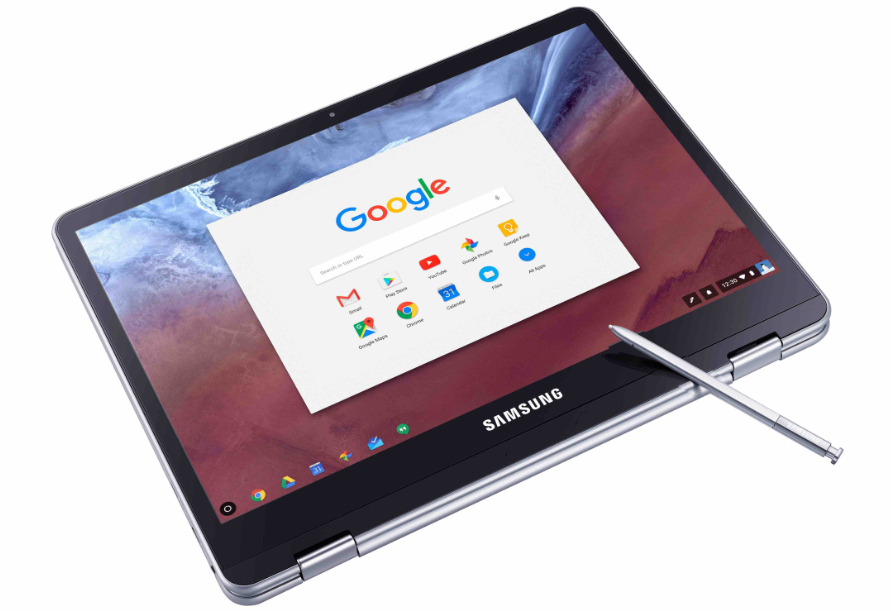
Google's note-taking app, Google Keep, is pre-installed on the Chromebooks, which uses optical character recognition to transcribe handwritten notes jotted with the stylus. The pen itself has a 0.7mm nib, which is thinner than many other styluses on the market, and docks in the base of the laptop, just beneath the right-hand corner of the screen.
The ability to download and install Android apps is another boon for professional users, with dedicated apps usually offering more features and better offline support than the web-based apps that Chromebooks have traditionally depended upon. Google began offering support for Android apps on selected models of Chromebooks late last year, and it now looks set to become a standard feature of the latest generation of devices. Both the Samsung Chromebooks have 32GB of onboard e.MMC storage, with the option to supplement that further via the MicroSD slot.
Sign up today and you will receive a free copy of our Future Focus 2025 report - the leading guidance on AI, cybersecurity and other IT challenges as per 700+ senior executives
The Chromebook Plus is set to go on sale from February for $449 (around 365). The Pro will arrive later in the year, for an as yet unannounced price, although it's safe to assume it will be the more expensive of the two models.
Hot question
While Samsung used its CES keynote to showcase several new products including the Chromebooks, a minor refresh of its Notebook 9 (for the US market only) and other domestic appliances, it didn't duck the Galaxy Note 7 issue that has been hanging over the company since the end of last year.
Tim Baxter, president and COO of Samsung Electronics America, kicked off the keynote by admitting 2016 had been a "challenging year" for the company. He later said the company would "very soon be sharing the root-cause report on the Note 7", having spent the past couple of months working with third-party experts and the company's own engineering teams to work out what had caused the supersized smartphones to overheat.
Barry Collins is an experienced IT journalist who specialises in Windows, Mac, broadband and more. He's a former editor of PC Pro magazine, and has contributed to many national newspapers, magazines and websites in a career that has spanned over 20 years. You may have seen Barry as a tech pundit on television and radio, including BBC Newsnight, the Chris Evans Show and ITN News at Ten.
-
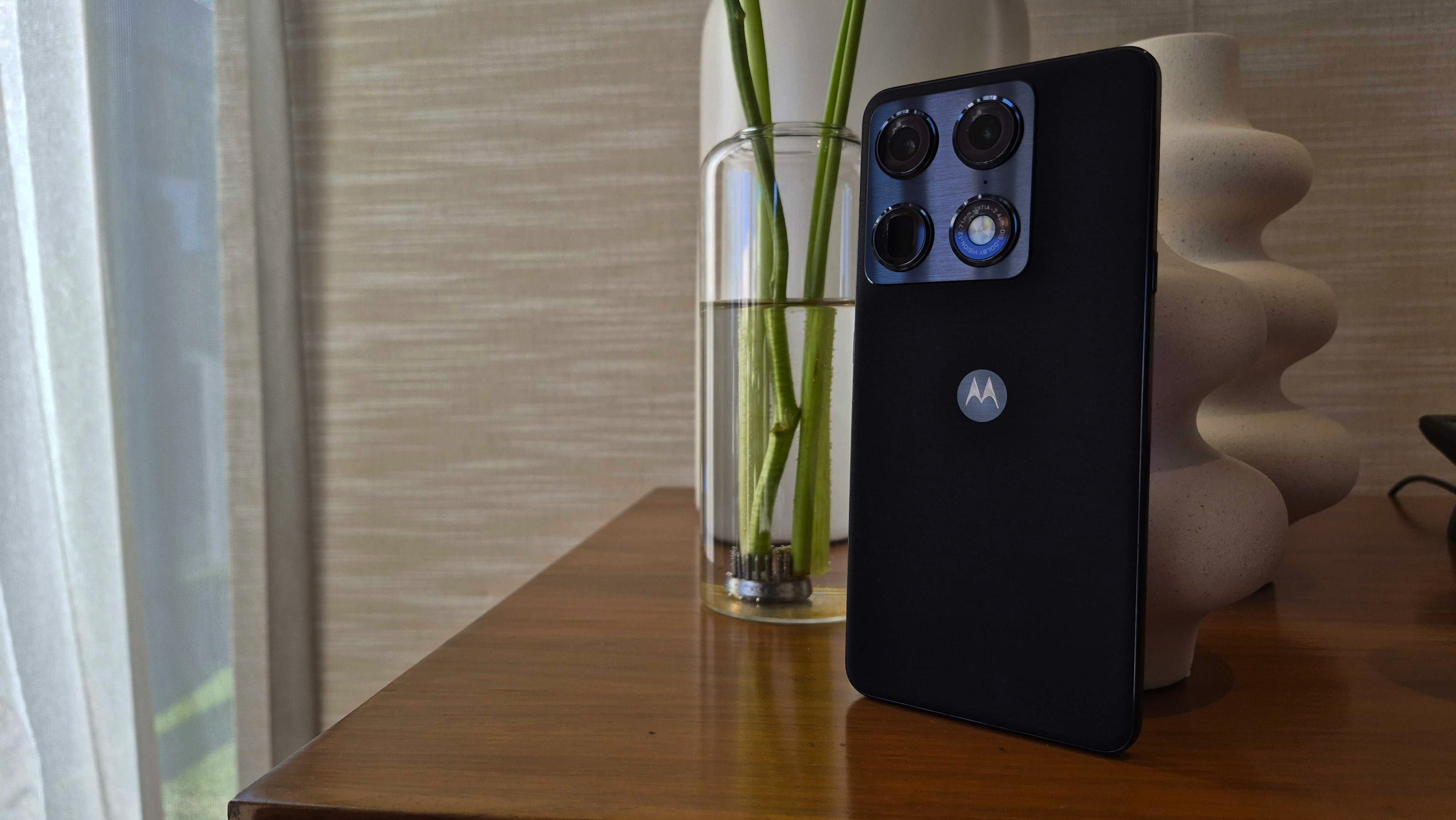 Motorola's new premium smartphone is a melting pot of camera innovation
Motorola's new premium smartphone is a melting pot of camera innovationNews The Signature has been built in collaboration with Sony, Qualcomm, and Instagram, and has four 50MP camera lenses
-
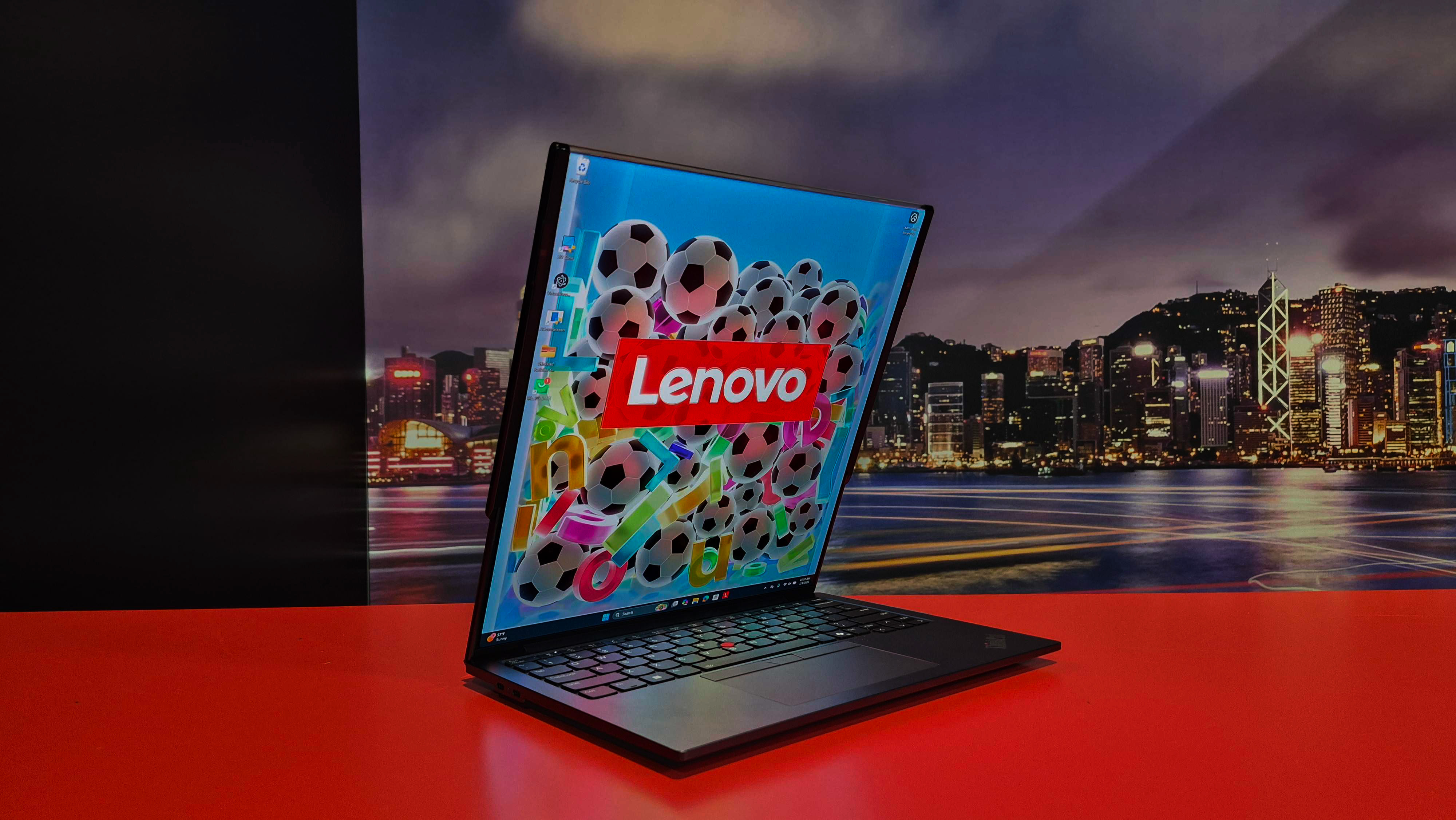 Lenovo reveals slick rollable screen concept and a voice-controlled ThinkBook at CES 2026
Lenovo reveals slick rollable screen concept and a voice-controlled ThinkBook at CES 2026News The ThinkPad XD is impressive, but the ThinkBook Gen 7 Auto Twist will have us knocking our laptops open
-
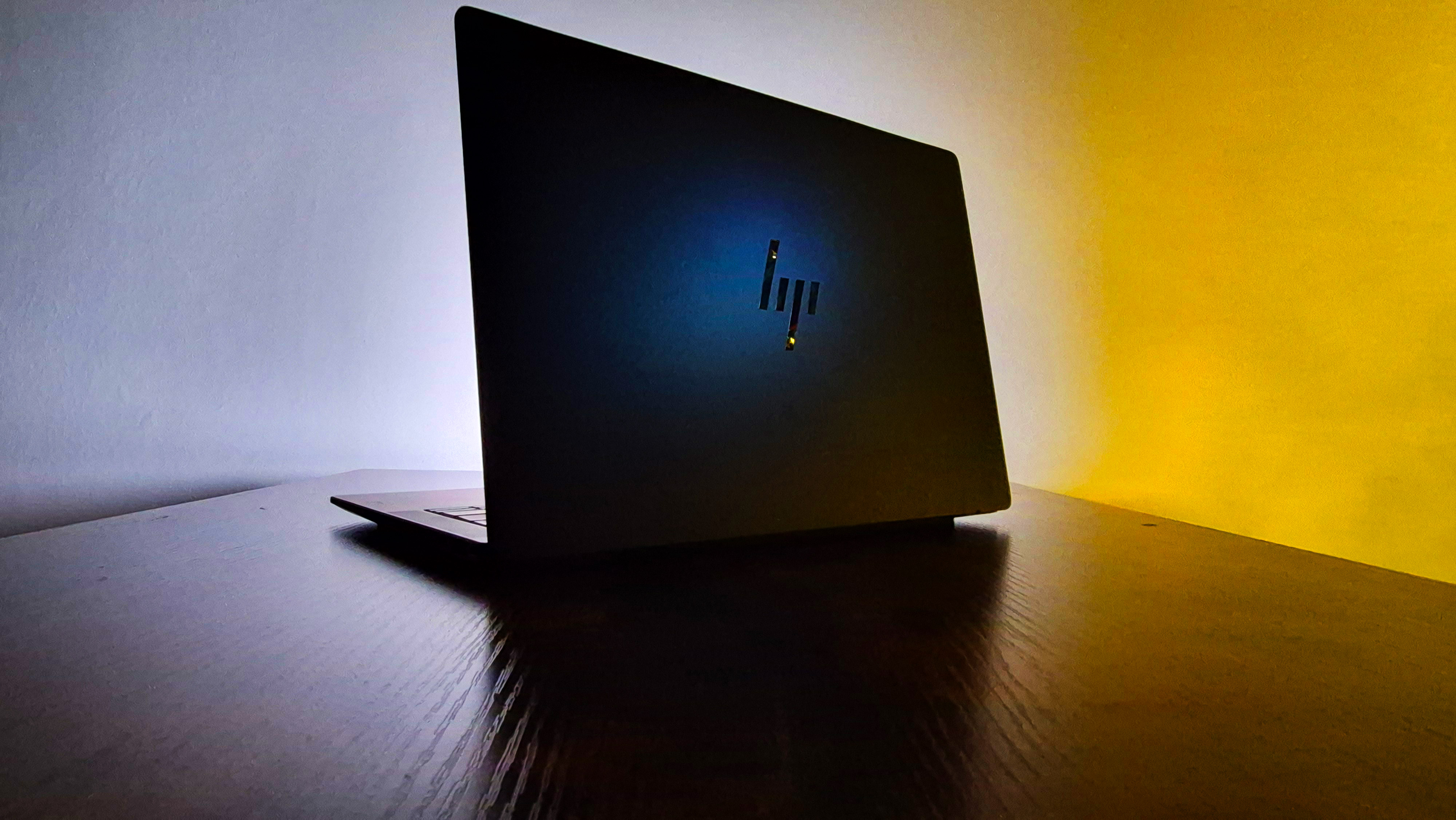 HP's EliteBook X G2i 14in is the featherweight champion of CES 2026
HP's EliteBook X G2i 14in is the featherweight champion of CES 2026Reviews A superbly light and attractive notebook with a great keyboard and bright display
-
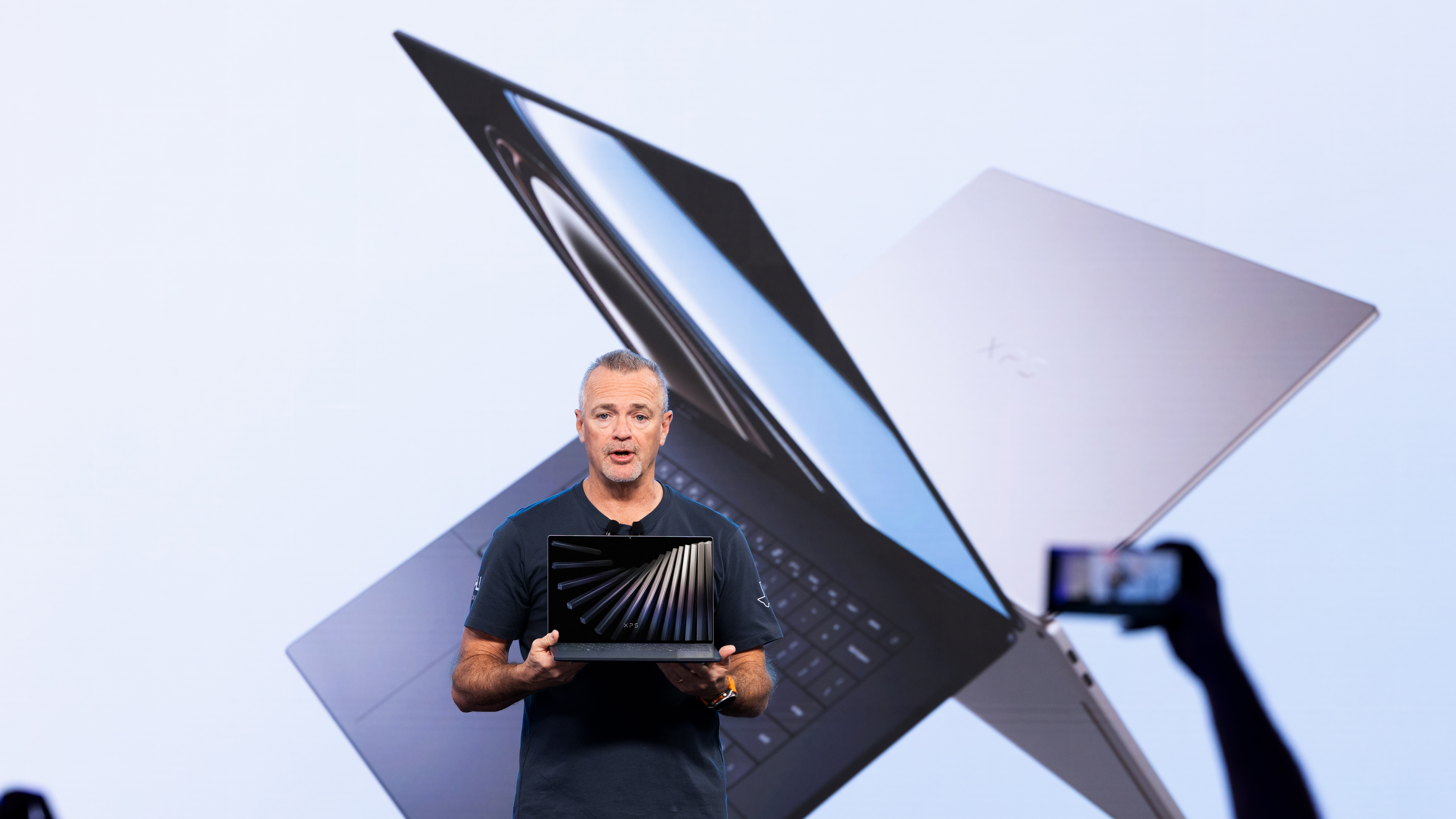 Return of the XPS: Dell resurrects iconic brand at CES after customer demand
Return of the XPS: Dell resurrects iconic brand at CES after customer demandNews COO says "branding matters" as Dell bucks trend at CES to bring back beloved XPS
-
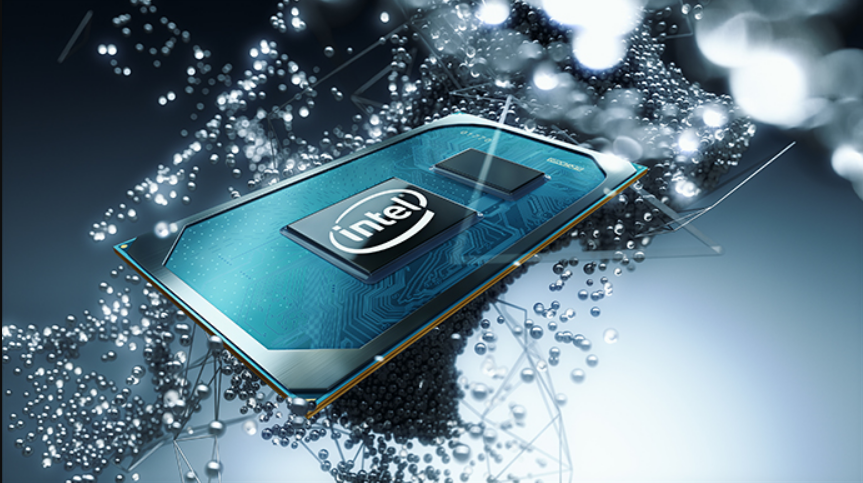 Intel shows off Tiger Lake, bending laptops at CES
Intel shows off Tiger Lake, bending laptops at CESNews Intel reveals a few more details about its design road map, including what next-gen laptops may look like
-
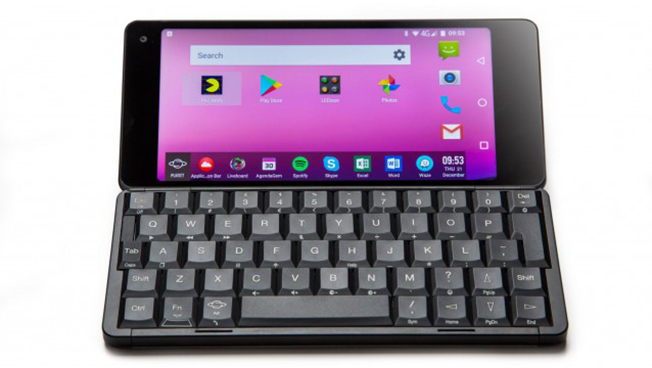 Is the PDA about to make a comeback?
Is the PDA about to make a comeback?News Gemini hardware has a deca-core processor and bigger battery than the Note 8
-
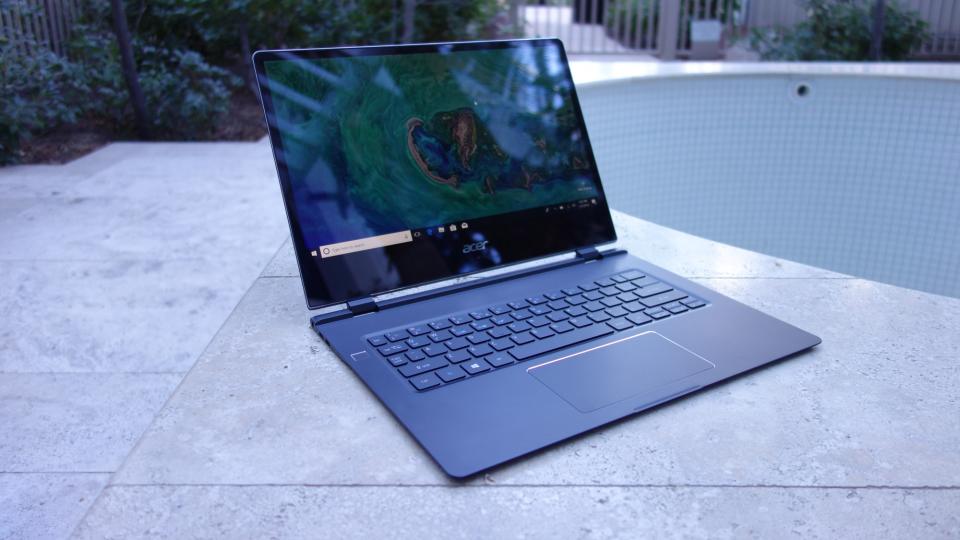 Acer bolsters its laptops at CES 2018 with the Acer Swift 7 and Chromebook 11
Acer bolsters its laptops at CES 2018 with the Acer Swift 7 and Chromebook 11News Acer's new laptops have something for everyone: the gamer, the worker on the move and the emailer on a budget
-
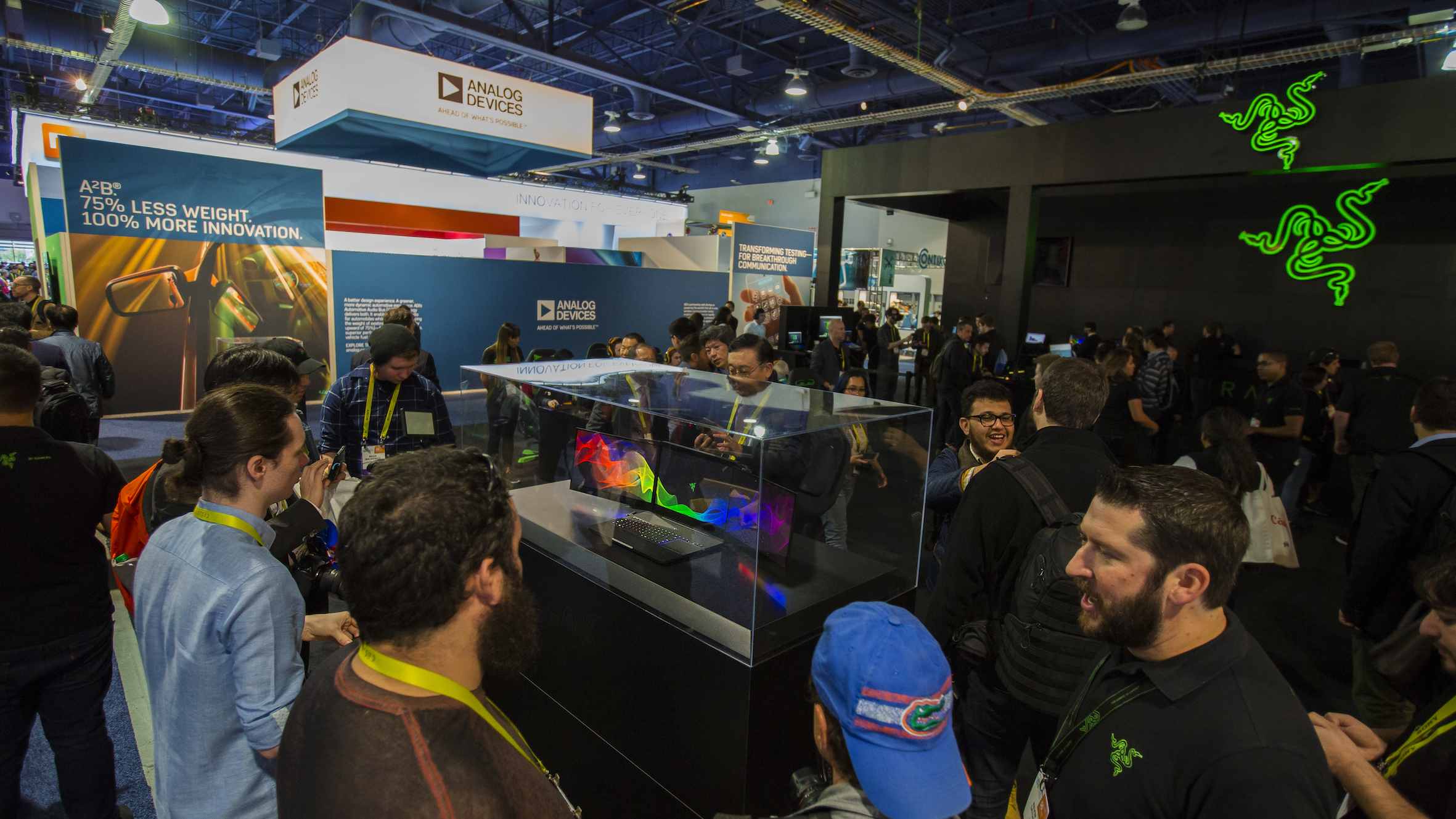 Razer prototypes stolen at CES
Razer prototypes stolen at CESNews Company won't rule out industrial espionage


